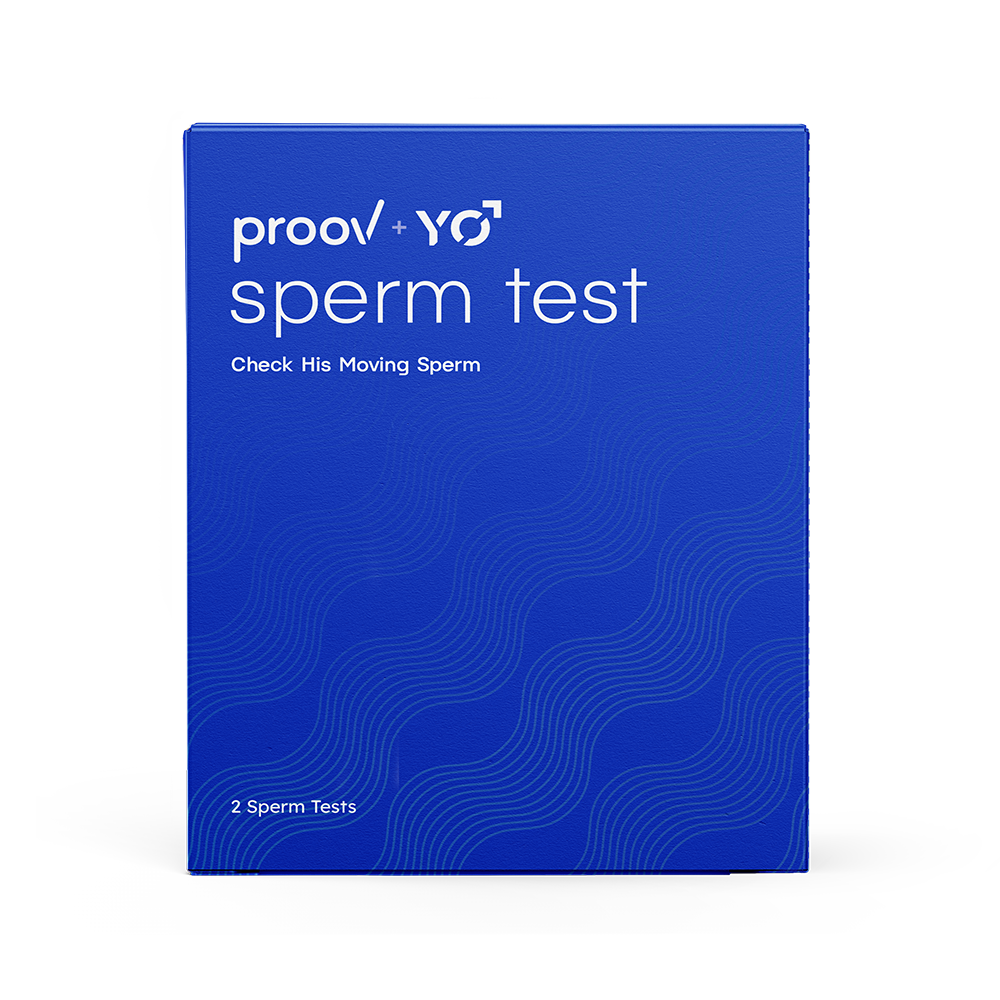**Trigger warning: This blog discusses miscarriage and early pregnancy loss.**
Progesterone is such an important hormone when trying to conceive! It also plays a role after you get that positive pregnancy test. Keep reading to learn more about progesterone and some reasons progesterone levels in early pregnancy may drop.
Why is progesterone important?
Progesterone is one of the most important female hormones, playing a crucial role in fertility, conception, and pregnancy. It is also known as the “pregnancy hormone” because it kicks in after ovulation and prepares the endometrial lining for implantation. Insufficient progesterone levels may impact fertility, shorten your luteal phase, affect the implantation of the fertilized embryo, or cause early miscarriage. It is unlikely you'll have a successful pregnancy with low progesterone.

When should progesterone be elevated?
During the first half of your cycle, estrogen is dominant. During this period, progesterone levels should be low, ideally under 1 ng/ml in blood. After the release of an egg (a.k.a. ovulation) that progesterone rises.
Progesterone levels typically peak about seven days after ovulation and must remain elevated for several days to allow for the best chance at pregnancy. If your progesterone levels remain adequately elevated for long enough the second half of your cycle — the luteal phase — should last at least 12 days.
If fertilization takes place and the embryo implants, the empty follicle (corpus luteum) will continue producing progesterone. When does progesterone drop before period? If implantation doesn’t occur, your progesterone levels will drop, the uterine lining will start to shed, and you’ll get your period.
Why do progesterone levels drop in early pregnancy?

Even if you made it past your luteal phase and you had a positive pregnancy test, sometimes progesterone levels may drop in early pregnancy. There are several potential causes for this:
-
Chemical Pregnancy: A chemical pregnancy is a very early miscarriage that sometimes occurs before you even find out you are pregnant, around the date of the expected period. Chromosomal abnormalities are one of the main causes of chemical pregnancies. If you have a chemical pregnancy, your progesterone levels may drop quickly after a positive pregnancy test.
- Ectopic Pregnancy: Ectopic pregnancies happen when the embryo implants outside the uterine cavity, usually in one of the fallopian tubes. Since the embryo cannot properly develop outside the uterus, hormonal levels are suboptimal and usually serve as a primary indication that something is wrong. When an ectopic pregnancy occurs, you may get a positive pregnancy test and even pregnancy symptoms, but may also experience low human chorionic gonadotropin (hCG) and progesterone levels.
- PCOS: Women diagnosed with the Polycystic Ovary Syndrome (PCOS) may experience estrogen dominance and often have low progesterone levels during the luteal phase and early pregnancy, which may lead to early miscarriage.
- Premature Luteolysis: Premature luteolysis occurs when the corpus luteum that secretes progesterone stops producing progesterone too soon. If this happens, your progesterone levels may drop and your luteal phase may end early.
How can I test my progesterone levels?
Progesterone levels can be tested either in blood by measuring serum levels or in urine by measuring progesterone metabolite (PdG) levels.
Blood tests have been the golden standard in progesterone measurement until recently, as studies have shown blood tests to be flawed. This is because progesterone is released into the bloodstream in pulsations.
This leads to big fluctuations in serum progesterone levels — up to 8 fold in a 90-minute window and between 2.3ng/ml and 40.1ng/ml over a single 24 hour period, for the same subject. This means that one single blood test could be unreliable and that ideally you should have your blood tested several days in a row, in order to calculate an average.
PdG testing, on the other hand, can offer a more consistent progesterone measurement. Once progesterone circulates through your blood, it is metabolized by your kidneys and excreted in your urine.
Studies have demonstrated that PdG levels and progesterone serum levels correlate. In fact, PdG levels may be even more reliable than blood levels as PdG levels in first morning urine show an average of progesterone levels from the day before, taking into account natural progesterone fluctuations.
Since PdG levels are measured in urine, PdG testing is also non-invasive and easily allows for measurement over time. This is important as progesterone (and therefore PdG) needs to remain elevated for several days during the luteal phase.
How can I increase my progesterone levels?

If a progesterone or PdG test shows your progesterone levels may be suboptimal, there are plenty of options for improving them, including:
- Prescription medications and supplements: Prescription medications and supplements can be either taken orally or vaginally. This is an effective option for increasing progesterone levels, although they must be prescribed by a doctor. If you are interested in these prescriptions, we recommend consulting your doctor.
- Diet changes: Although they do not contain any progesterone themselves, certain foods are known to promote progesterone production, including beans, broccoli, brussel sprouts, kale, cauliflower, cabbage, pumpkin, spinach, and whole grains.
- Maintaining a healthy body weight: An abnormally high body weight is associated with high estrogen levels as fat cells produce estrogen. When estrogen is excessively elevated in comparison to progesterone (i.e. estrogen dominance), your hormones may be imbalanced.
- Seed cycling: Seed cycling consists of eating certain seeds during certain phases of your cycle to promote a hormone balance. During the follicular phase you want to support estrogen production by eating raw flax and pumpkin seeds. Following ovulation during the luteal phase you want to promote progesterone production by eating sunflower and sesame seeds.
-
Herbal supplements: Herbal supplements can be a great, natural way for increasing progesterone. There is anecdotal evidence proving chasteberry (vitex) and evening primrose oil might help increase progesterone levels. Before starting any herbal supplements, we recommend consulting your doctor as they may interfere with certain medications.
If you have received a positive pregnancy test and are concerned about progesterone levels, we recommend consulting your doctor.












